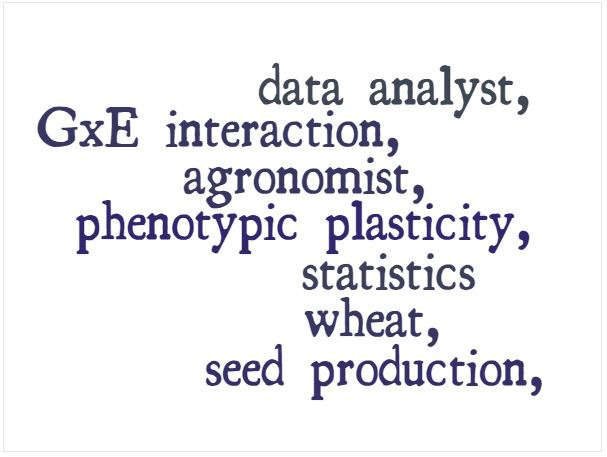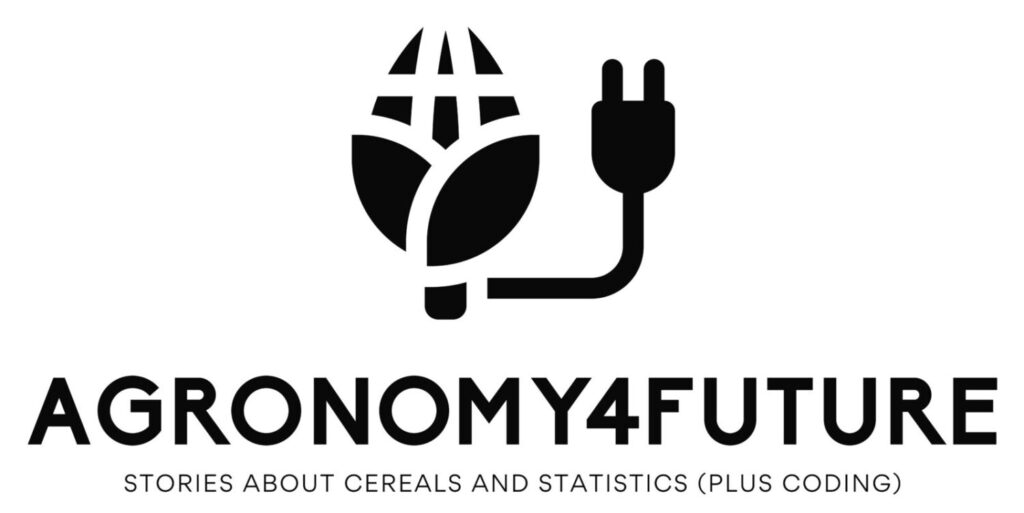[JK column #131] Keywords
Sunday, January 03, 2021
Couple days ago, I visited a store to buy a small stapler. As I was about to leave after purchasing it, I noticed the book section in the corner of the store and decided to check it out. All the books were in Spanish, and to be honest, I usually don’t stop by the book section when visiting a store, as I’m not familiar with many books in Spanish. However, as part of my New Year’s resolution, I decided that if I found any books that were easy to read in Spanish, I would use them to study the language. So, I began browsing through the books. Since I didn’t want to buy a book in Spanish that I wouldn’t be able to understand, I carefully looked for books that I had already read in Korean or English. Among them, I found “The Secret.”
I had read The Secret in Korean before and loved it, so I even re-read the English version. Now, seeing the Spanish version on the shelf, I thought that even though it would be challenging to read in Spanish, I could probably guess the meaning and get the general idea. This led me to buy the Spanish version, “El Secreto”, as my first book of the year in 2021.
When I got home and opened the first page, I was immediately faced with sentences where I had to look up every single word. From that point on, reading became less about enjoying the book and more about creating a vocabulary list. I carefully studied the meaning of each word and meticulously translated each sentence. For example:
“La positividad comenzó a reflejarse en mi vida en forma de felicidad, salud, riqueza material y relaciones sociales.“
This sentence translates to: “Positivity began to reflect in my life in the form of happiness, health, material wealth, and social relationships.” To understand this sentence, I had to look up around 10 words and check their meanings.
When was the last time I paid this much attention to every word while reading something?
Ironically, when I read books in Korean, I often don’t concentrate as much. The reason is that I tend to skim through sentences too easily. Perhaps it’s because I can usually get a sense of the general meaning of a sentence without fully reading it, so I’ve developed the habit of reading quickly without really thinking about every word. While I can remember the general meaning of a book, I often forget the deeper meaning or the nuances between the lines.
The same happens when I read academic papers. In academic papers, there are specialized English words that are used for specific topics, but in Korean papers, I can’t always find those words. Even if the same concept is explained, it’s harder to understand because the specific terminology isn’t there. Of course, some Korean papers do use English terms, but it’s not that common.
Words come together to form sentences, and those sentences come together to create a story. Whether it’s a story in a novel or a story in life, I realized that what builds the story is not just the plot itself, but the words that make it up.
So, do I have specific words that explain who I am?
It seems important to have specific keywords that describe yourself. Because, once those words are clear, I can use them to create the story of my life. Instead of just saying “I am this” in a simple sentence, it seems wiser to create a set of keywords that can be combined in any way to define who I am.

I’ve come up with 7 key words that describe myself. For now, they mostly relate to my profession, but I hope that in the future, as I expand into other areas, more words will emerge that help explain who I am. And I hope these words will come together to create a unique story that becomes my life.
Sunday, January 03, 2021 @ Lleida, Spain

We aim to develop open-source code for agronomy ([email protected])
© 2022 – 2025 https://agronomy4future.com – All Rights Reserved.
Last Updated: 21/03/2025